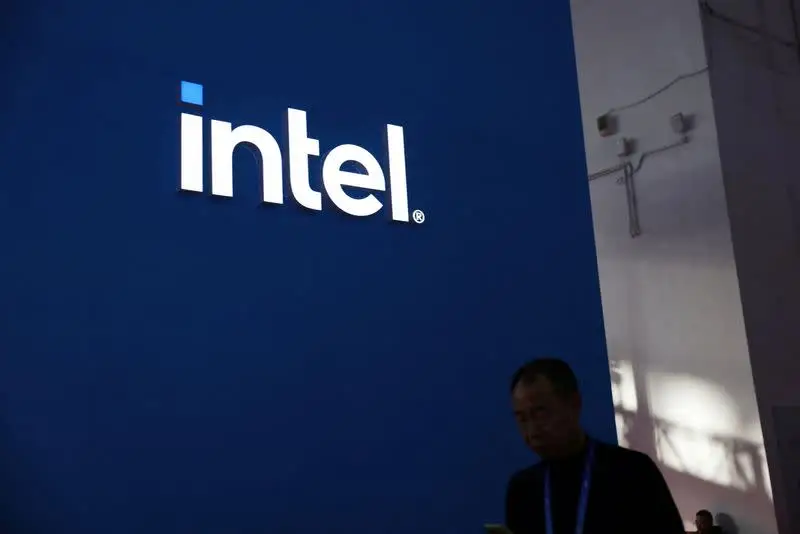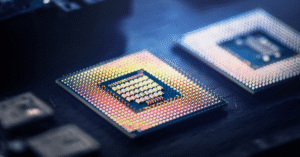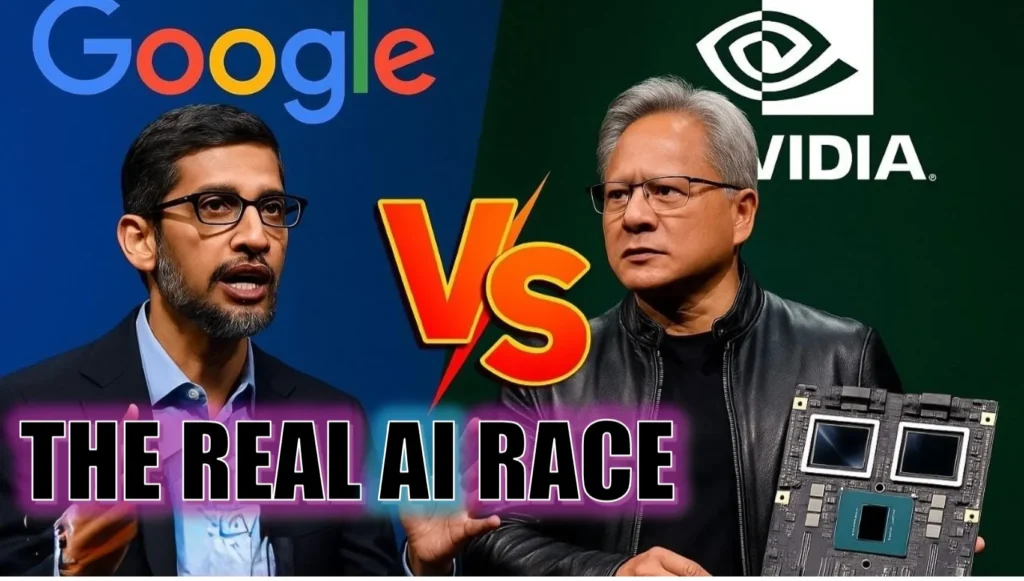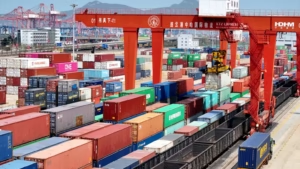Now Reading: Intel Sees Surge in Demand for Older Chips Amid U.S.-China Trade Tensions
-
01
Intel Sees Surge in Demand for Older Chips Amid U.S.-China Trade Tensions

Intel Sees Surge in Demand for Older Chips Amid U.S.-China Trade Tensions
Ongoing U.S.-China trade tensions are unexpectedly boosting demand for Intel’s older-generation chips, as customers turn to more affordable alternatives amid rising costs and economic uncertainty, Intel executives said Thursday.
The embattled chipmaker, based in Santa Clara, California, reported stronger-than-expected Q1 sales, fueled in part by a rush to stockpile processors ahead of possible tariffs. Despite projecting a weak outlook for the upcoming quarter, Intel’s legacy PC and server chips have found new life thanks to a shifting global trade landscape.
“We’re seeing strong demand for older-gen parts in both client and data center segments,” said Michelle Johnston Holthaus, head of Intel’s product unit. “Macroeconomic concerns and tariffs have everybody hedging their bets.”
Tariffs Push Customers Toward Budget-Friendly Intel Chips
The looming threat of tariffs — part of a broader U.S.-China trade war — has made many buyers cautious, pushing them to favor cheaper, older Intel processors over newer, more advanced chips.
While U.S. President Donald Trump’s administration has temporarily exempted semiconductors from tariffs, China’s retaliatory policies may hit U.S.-made chips with levies of 85% or more, according to the China Semiconductor Industry Association (CSIA).
This has prompted many of Intel’s clients to act preemptively, stocking up on lower-cost components to minimize future pricing risks.

Economic Uncertainty Clouding PC Market Recovery
Intel’s Chief Financial Officer, David Zinsner, warned that unstable trade policies and regulatory risks are increasing the likelihood of a global economic slowdown.
“The probability of a recession is growing, and we’re seeing cost pressures across the board,” said Zinsner.
A prolonged tariff dispute could stall a much-anticipated PC market rebound, which Intel had been hoping to drive with on-device AI features and a new Windows OS cycle from Microsoft.
Older Chips: A Cost-Saving Alternative in Uncertain Times
Industry analysts say the increased demand for older Intel processors reflects a broader economic trend. In the face of financial uncertainty, many consumers and businesses are opting for technology that is “good enough” rather than cutting-edge.
“Demand for older-generation chips is a macro warning sign,” said Michael Ashley Schulman, CIO at Running Point Capital. “In a shaky economy, cost-efficiency trumps innovation.”
But while older chips may be a short-term solution for customers, they’re also hurting Intel’s margins and slowing adoption of its latest AI-capable chip lines. Bob O’Donnell, chief analyst at Technalysis Research, notes this shift could delay broader adoption of AI PCs in the near future.


























